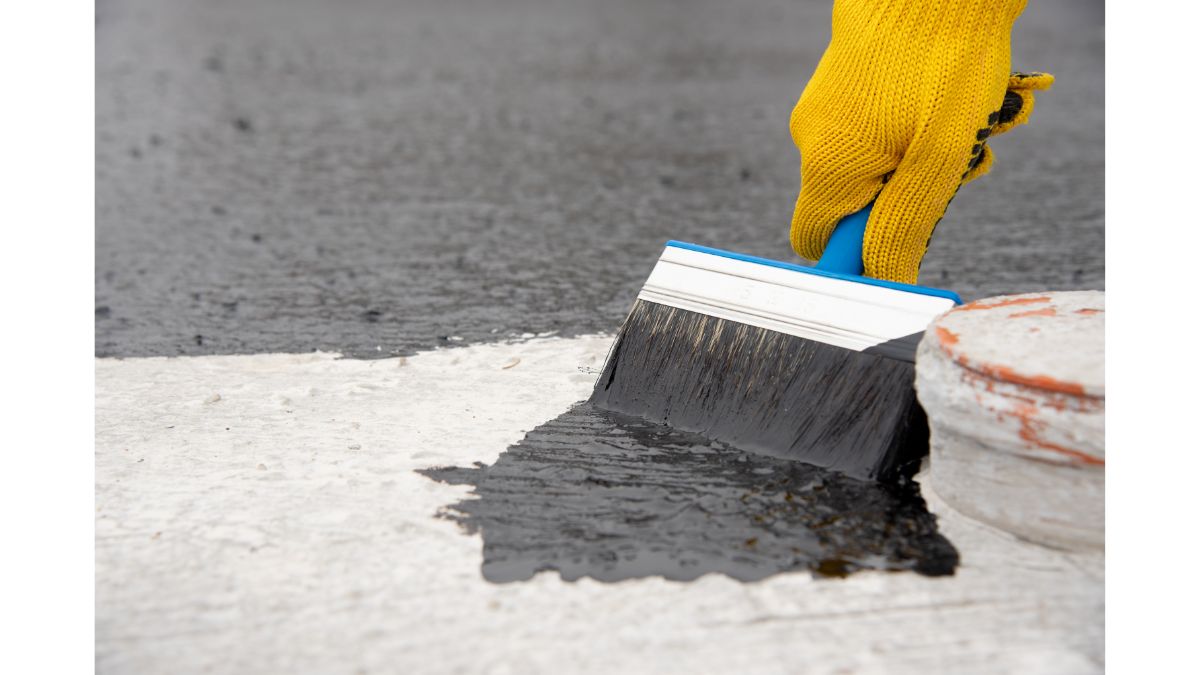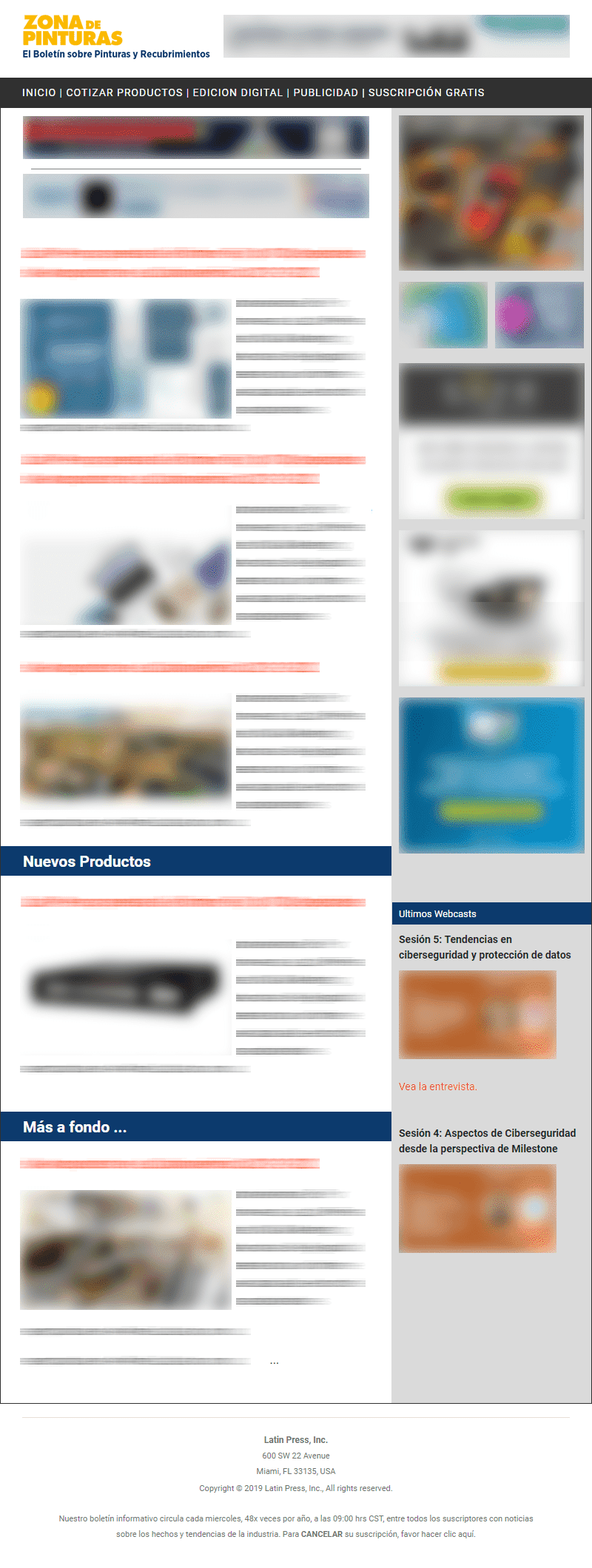International. A research group led by Professor Toru Wakihara of the University of Tokyo's Graduate School of Engineering and Nippon Paint Holdings found that proton-shaped zeolites have an excellent inactivating effect against the influenza virus and COVID-19.
The finding shows that proton-shaped zeolites have good prospects as a novel antiviral material that is inexpensive, resistant to discoloration and suitable for many applications.
This research was conducted as part of the joint research program based on the Joint Creation Agreement between industry and academia between the University of Tokyo and NPHD that concluded on May 18, 2020.
Alcoholic disinfection of surfaces and fingers is recommended to prevent viral transmission through contact with surfaces. However, alcohol disinfection is not effective for a long time and, consequently, cannot sufficiently control the spread of infections.
To solve this problem, the research group is conducting experiments with the aim of developing materials and coatings that have antiviral efficacy on many types of surfaces.
Zeolites, which are crystalline porous materials, especially zeolites exchanged with silver ions (Ag⁺), are known to have antibacterial properties. In fact, there are many practical applications for zeolites exchanged with Ag⁺.
While there are many studies on the antibacterial properties of zeolites, there are still few studies on the antiviral properties of these materials.
Antibacterial zeolite materials exchanged with Ag⁺ have disadvantages involving a high cost caused by the use of Ag⁺ and discoloration of the materials. Therefore, we conduct research on zeolites that are resistant to viruses and bleaching.
The research group evaluated the antiviral properties of zeolites in the form of protons through an antiviral activation test using an influenza virus. We also observed the virus after contact with the material using transmission electron microscopy and examined the mechanism of destruction of the virus.
The results showed that the virus infection titer was reduced below the detection limit when influenza viruses were in contact with proton-shaped zeolites compared to when the virus inactivation test was performed with zeolites without ion exchange of metal cations.
In addition, it was observed that viruses that came into contact with zeolites without ion exchange of metal cations retained their spherical shape, while viruses that came into contact with proton-shaped zeolites were destroyed.
The results of the study indicated that the antiviral effect of zeolites in the form of protons comes from the partial damage of the viral envelope when zeolites come into contact with the virus, which leads to the death of the virus.
The study has found that zeolites in the form of protons are a promising novel material with potent antiviral properties even without ion exchange of metal cations, as with Ag⁺.
Therefore, zeolites in the form of protons can be used in many applications as an antiviral material that offers low cost and resistance to discoloration by investigating antiviral materials and coatings.


























Leave your comment